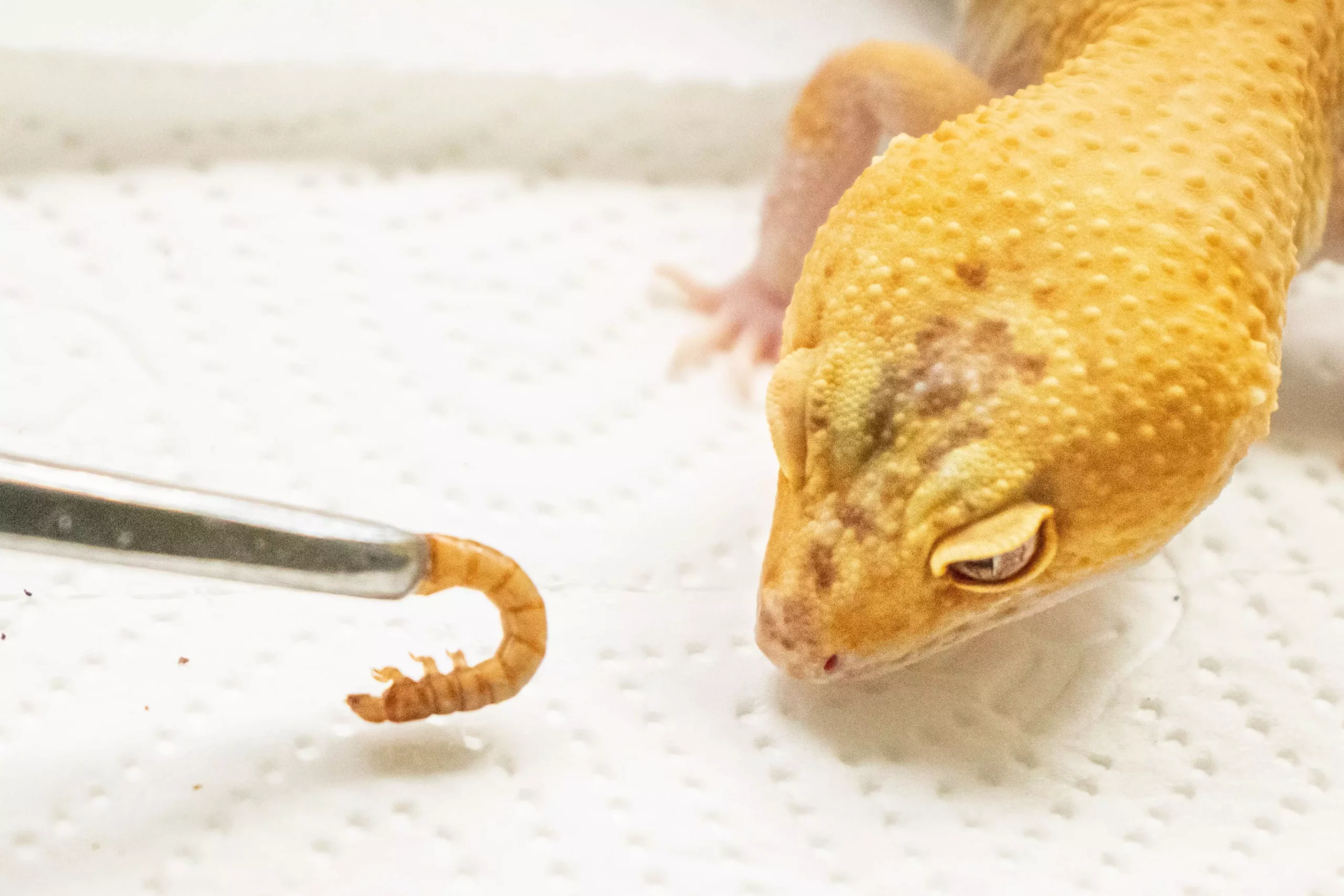Leopard geckos are fascinating reptiles that can display various behaviors and health concerns. One of the more alarming situations for owners is when these charming creatures suddenly stop eating. This article delves into the possible reasons behind such a significant change in behavior, as well as preventative measures and solutions that can be employed to help maintain the health and well-being of these beloved pets.
Leopard geckos can cease eating due to a multitude of factors, many of which are related to their environment. One of the most common culprits is improper temperature regulation within their habitat. As ectothermic creatures, geckos depend on warm surroundings to maintain their metabolic functions. If the temperature in their enclosure drops below a comfortable level—often set around 70 degrees Fahrenheit—this can significantly decrease their appetite. Whether it’s because of a malfunctioning heat bulb or seasonal climate changes, ensuring the enclosure maintains consistent warmth is paramount.
Another reason a leopard gecko may refuse food is due to gastrointestinal issues. Issues such as fecal impaction can occur if a gecko eats a meal that’s too large or difficult to digest, or if it ingests bedding materials. Additionally, urate plugs can create blockages that contribute to discomfort and loss of appetite. In such cases, owners can attempt to alleviate the condition by soaking the gecko in warm water, encouraging it to pass stool. If the problem persists, veterinary intervention could become necessary.
Behavioral Observations to Consider
When addressing the loss of appetite in a leopard gecko, it is essential to analyze its behavior and overall health. Is the gecko still active and alert, or does it seem lethargic and disinterested in its surroundings? Observing the pet’s activity level and engagement can be key indicators of underlying issues. If the gecko exhibits signs of illness—such as sluggishness, lack of energy, or unusual hiding behavior—a vet visit may be in order.
Injuries can also impact feeding behavior. If a gecko has sustained a wound or is experiencing discomfort from an abscess, it may be reluctant to eat. Similarly, problems with vision, perhaps due to retained skin or corneal issues, can impede the gecko’s ability to see food adequately. Owners should routinely check for these issues and seek veterinary advice if there is any suspicion of an injury or blockage.
Assessing and adjusting the gecko’s environment is critical. Owners should ensure that the enclosure has an appropriate heat source—instead of solely relying on heat mats, a heat lamp can provide a more effective warm basking area. This setup allows for better temperature regulation, which is vital for metabolic processes.
Another environmental aspect to monitor is humidity. Low humidity can affect shedding and overall skin health, which, in turn, can impact the gecko’s appetite. Providing a humidity-friendly area within the enclosure can help promote proper moisture levels, thereby relieving any stress associated with inadequate shedding.
The Importance of Veterinary Care
Though there are many self-help strategies, consulting an exotic pet veterinarian remains the best course of action when appetite issues persist. Vets can conduct thorough examinations and diagnose any health problems, such as infections, parasites, or more severe blockages. Early veterinary intervention is crucial, especially if the gecko shows other signs of illness or distress.
Regular check-ups and prompt attention to any noticeable changes in behavior or habits can ward off more significant health issues in the long run. Building a relationship with a vet who understands the unique needs of reptiles can ultimately help ensure a leopard gecko’s long-term health and happiness.
Ultimately, while a leopard gecko may stop eating for a myriad of reasons, proactive management and observation can often rectify these issues. Providing a suitable temperature, ensuring proper humidity, and remaining attentive to behavioral changes can prove beneficial in maintaining your gecko’s health. If implemented with care, these measures can help owners navigate the worrying experience of a pet that has lost its appetite. Always prioritize consulting a veterinarian for tailored advice and treatment options, as they are the best resource for your pet’s specific needs. By being diligent and responsive, leopard gecko owners can create a thriving environment for their companions.

